Eldon Enger
Eldon D. Enger received a B.A. and an M.S. from the University of Michigan. He is professor emeritus of biology at Delta College, where he taught biology, zoology, and environmental science and was active in curriculum and course development. Professor Enger is an advocate for variety in teaching methodology and feels that if students are provided with varied experiences, they are more likely to learn. Professor Enger's classes include writing assignments, student presentation of lecture material, debates by students on controversial issues, field experiences, individual student projects, and discussions of local examples and relevant current events. Professor Enger was a Fulbright Exchange Teacher to Australia and Scotland, received the Bergstein Award for Teaching Excellence and the Scholarly Achievement Award from Delta College, and participated as a volunteer in Earthwatch Research Programs.
Bradley Smith
Brad is the Dean Emeritus of Western Washington University in Bellingham, Washington. Prior to assuming the position as Dean in 1994, he served as the first Director of the Office of Environmental Education for the U.S. Environmental Protection Agency in Washington, D.C. Brad also served as the Acting President of the National Environmental Education and Training Foundation in Washington, D.C., and as a Special Assistant to the EPA Administrator. Before moving to Washington, D.C., Dean Smith was a professor of political science and environmental studies for 15 years, and the executive director of an environmental education center and nature refuge for five years.
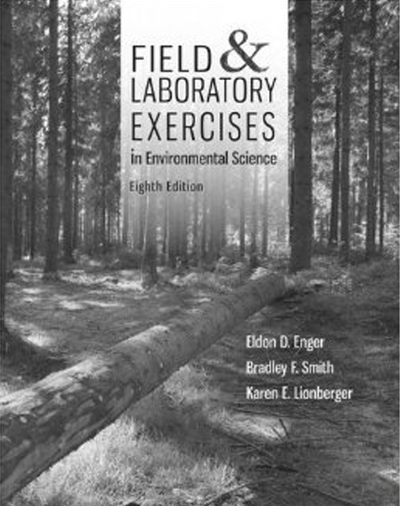




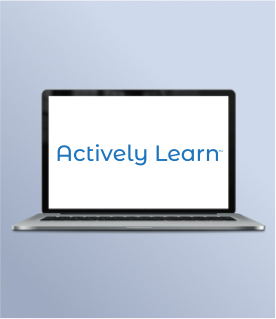







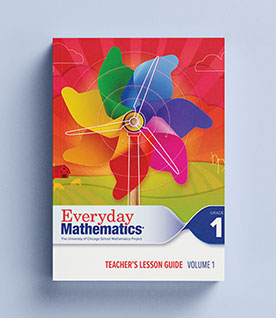
































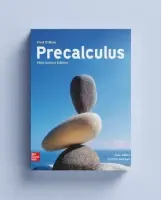


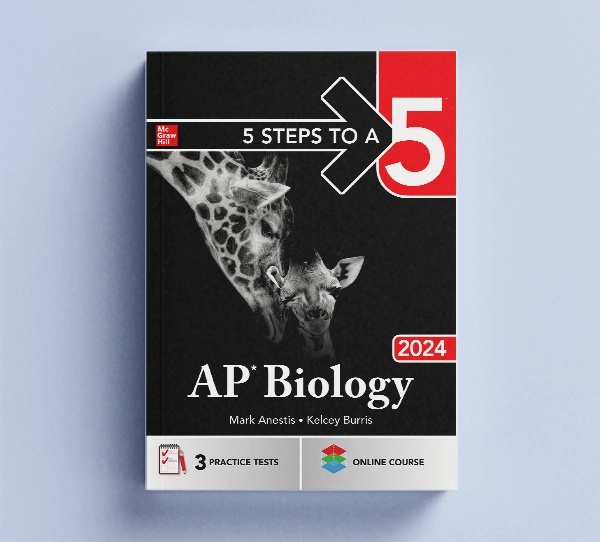

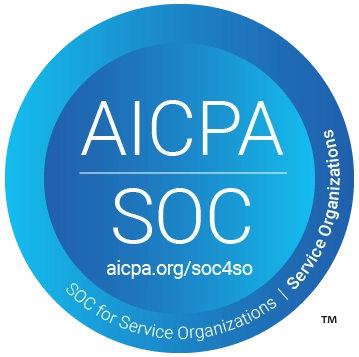
Social Studies
View all Social Studies Programs
IMPACT (K–5)
Actively Learn (3–12)
New Social Studies (6–12)
Networks (6–12)